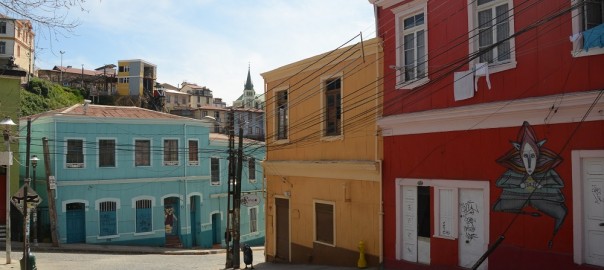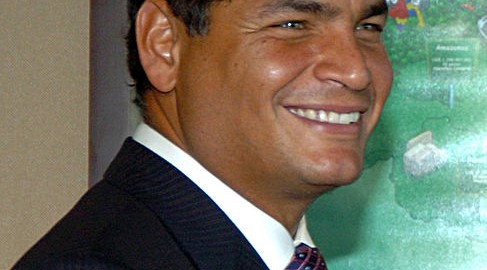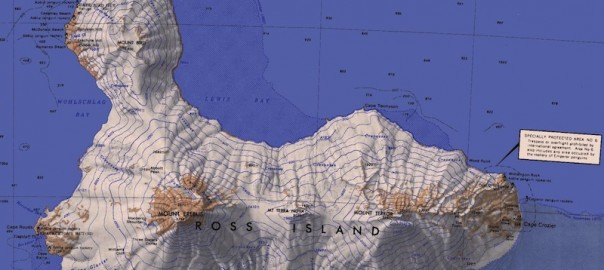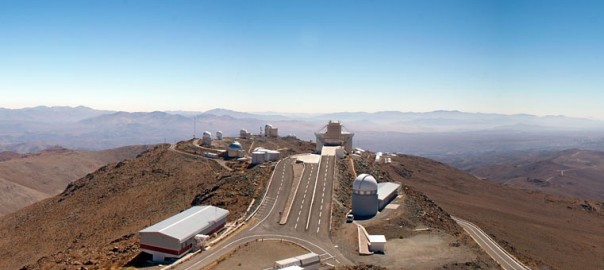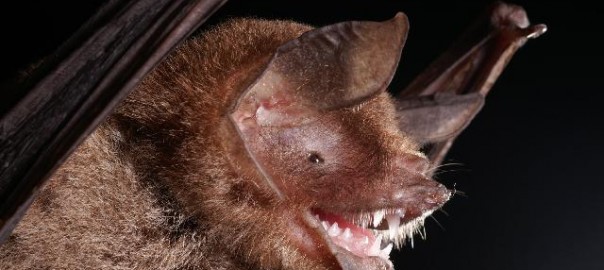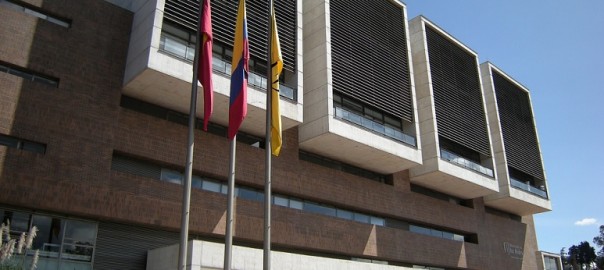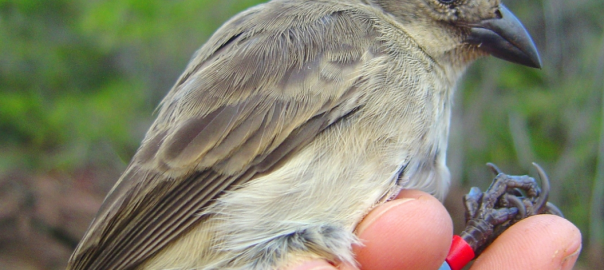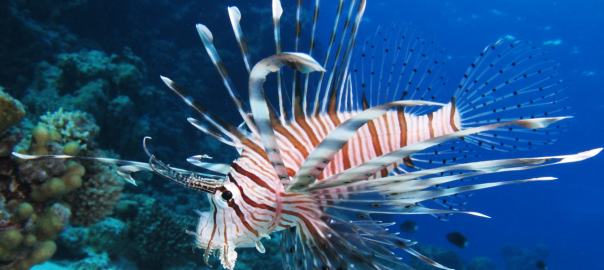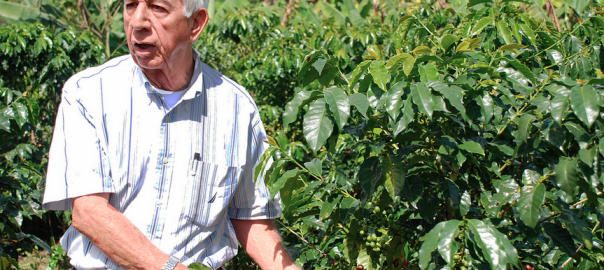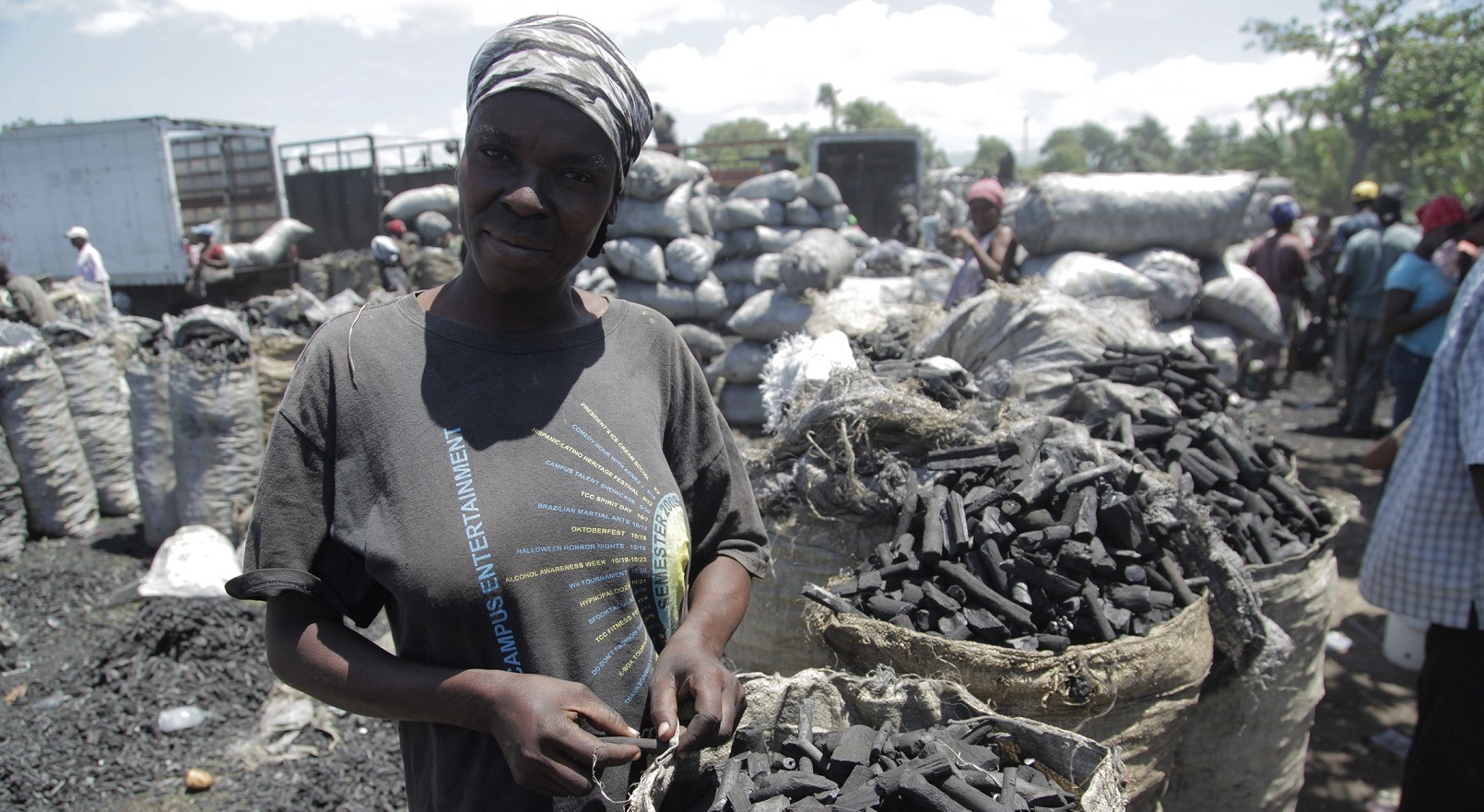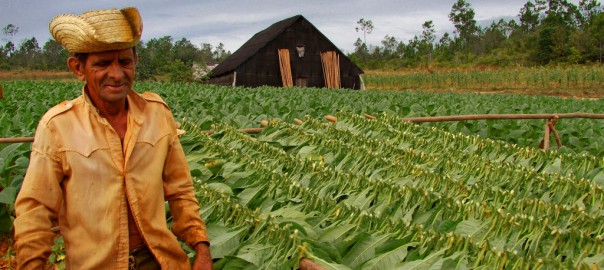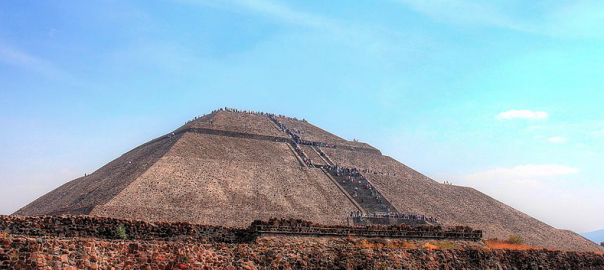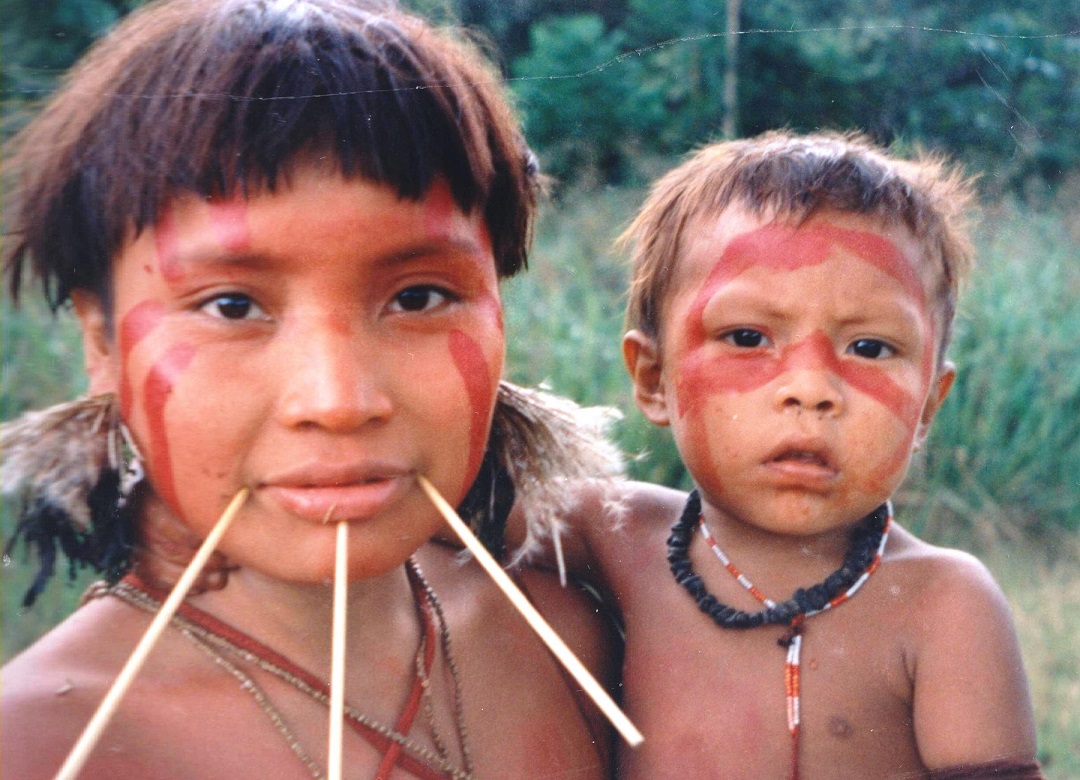Forest fire turns deadly in Valparaiso, Brazil approves GM mosquitoes to fight dengue, and Colombia designs ‘climate intelligent’ crops
Chile A fire that began in a forest ravine and spread to the Chilean port city of Valparaíso claimed 15 lives and left thousands homeless. More than 10,000 have been evacuated. Chilean astronomers were able to observe for the first time in real time the explosion of a supernovae. For this work they developed a … Continue reading Forest fire turns deadly in Valparaiso, Brazil approves GM mosquitoes to fight dengue, and Colombia designs ‘climate intelligent’ crops

